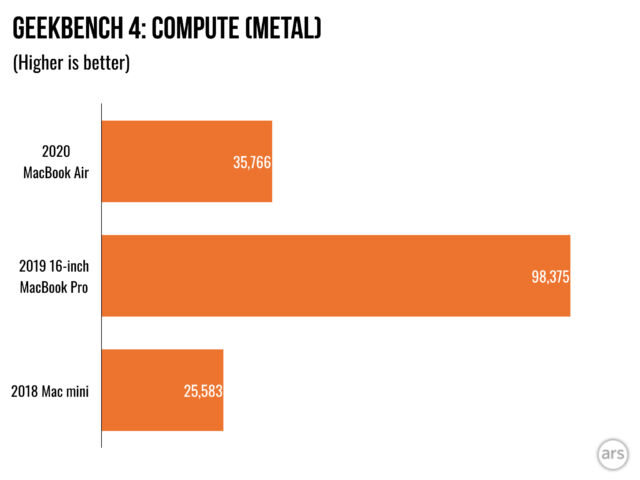
Those who want that level of graphics performance or higher will be better off selecting an M1 Max MacBook Pro.
6 core mac pro benchmarks pro#
The benchmarks indicate that when compared to other Apple devices the new Mac Pro does not perform well. However, it is way behind the nearest Ampere SKU, the GeForce RTX 3050 Laptop GPU, which is in the OpenCL chart with 45,898. Those are 3.5GHz 8-core, 3.3GHz 12-core, 3.2GHz 16-core, 2.7GHz 24-core, and 2.5GHz 28-core. The M1 OpenCL scores position the Apple Silicon neatly between the Nvidia GeForce GTX 1650 with Max-Q Design (36,196) and the GeForce GTX 1650 (38,361).
6 core mac pro benchmarks upgrade#
The average Metal score for the M1 Pro with 16-core GPU over three separate records is 41,371 while a single entry reveals an OpenCL mark of 36,664 points (over 38,000 points has been reported though). Detailed unboxing and overview of the all-new Mac Pro complete with benchmarks, RAM module removal, and 4K display demonstration.TLDtoday RAM Upgrade Video. Yet again, the M1 Pro destroys anything by the M1, which is hardly a surprise considering the differences in GPU configuration. The Apple SoC and its 10-core CPU has a +40.68% (single) and a +34.30% (multi) advantage over the 10-core Comet Lake desktop chip while not being nearly as power hungry.Īs for graphics, the M1 Pro has been tested in both OpenCL and Metal. 14 nm for the Intel processor) even allows the M1 Pro to demolish the Intel Core i9-10910 that can be found in the 2020 27-inch iMac. John Poole is the founder of Primate Labs and lives in Toronto, Ontario with his wife Deborah. The only computer that can beat the Mac Pros score is a 32-core server from IBM. If you need more cores, the Mac Pro and iMac Pro offer a Xeon processor with 8, 12. AppleInsider ran the benchmark on a 32-core 16-inch MacBook Pro and saw a score of 1,769 for the single-core test, 12,308. Among the Macs on sale currently you will generally find dual-core, quad-core, 6-core, 8-core and 10-core CPUs.
/cdn.vox-cdn.com/uploads/chorus_image/image/67804434/cwelch_201114_4292_0005.0.0.jpg)
Mac Pro (Early 2009) Intel Xeon X5550 2.67 GHz (8 cores) 14458. The M1 Max has superior single-core performance against the Mac Pro Xeons. The initial report compares the 8-Core to the Quad-Core Mac Pro in Cinebench, GeekBench, Photoshop CS3, Aperture. A more-refined manufacturing process (5 nm vs. Mac Pro (Early 2009) Intel Xeon X5570 2.93 GHz (8 cores) 14904. Barefeats has published performance benchmarks for Apples latest 8-Core Mac Pro. This would leave the new Apple Silicon at the top of the Geekbench Mac single-core chart while destroying anything with an M1 in it in the multi-core chart.

The M1 Pro tests show a score pattern of around 1,750 points for Geekbench 5 single-core and about 12,100 points for multi-core (current averages would have been artificially lowered by a seemingly outlier of a record).


 0 kommentar(er)
0 kommentar(er)
